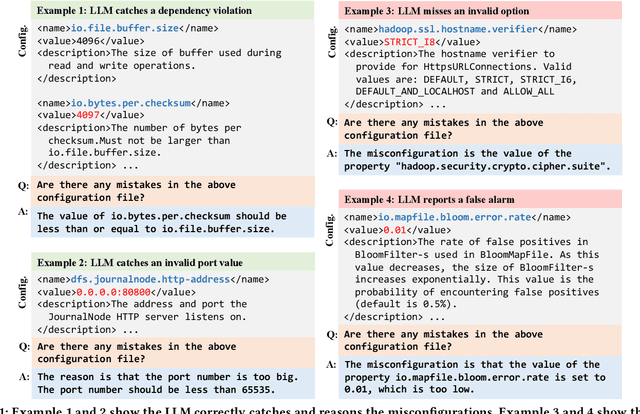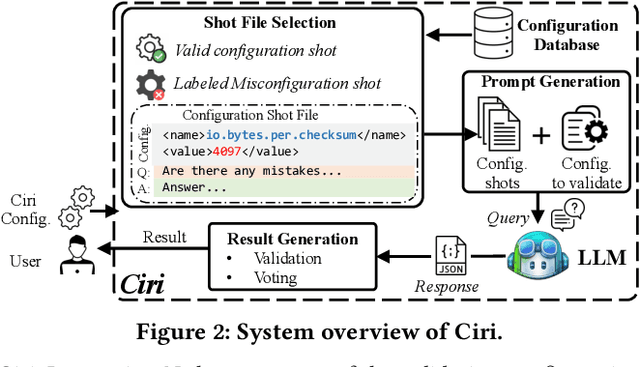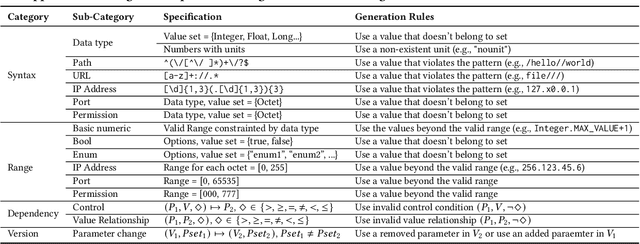Xinyu Lian
MeshCoder: LLM-Powered Structured Mesh Code Generation from Point Clouds
Aug 20, 2025Abstract:Reconstructing 3D objects into editable programs is pivotal for applications like reverse engineering and shape editing. However, existing methods often rely on limited domain-specific languages (DSLs) and small-scale datasets, restricting their ability to model complex geometries and structures. To address these challenges, we introduce MeshCoder, a novel framework that reconstructs complex 3D objects from point clouds into editable Blender Python scripts. We develop a comprehensive set of expressive Blender Python APIs capable of synthesizing intricate geometries. Leveraging these APIs, we construct a large-scale paired object-code dataset, where the code for each object is decomposed into distinct semantic parts. Subsequently, we train a multimodal large language model (LLM) that translates 3D point cloud into executable Blender Python scripts. Our approach not only achieves superior performance in shape-to-code reconstruction tasks but also facilitates intuitive geometric and topological editing through convenient code modifications. Furthermore, our code-based representation enhances the reasoning capabilities of LLMs in 3D shape understanding tasks. Together, these contributions establish MeshCoder as a powerful and flexible solution for programmatic 3D shape reconstruction and understanding.
Infinite Mobility: Scalable High-Fidelity Synthesis of Articulated Objects via Procedural Generation
Mar 17, 2025Abstract:Large-scale articulated objects with high quality are desperately needed for multiple tasks related to embodied AI. Most existing methods for creating articulated objects are either data-driven or simulation based, which are limited by the scale and quality of the training data or the fidelity and heavy labour of the simulation. In this paper, we propose Infinite Mobility, a novel method for synthesizing high-fidelity articulated objects through procedural generation. User study and quantitative evaluation demonstrate that our method can produce results that excel current state-of-the-art methods and are comparable to human-annotated datasets in both physics property and mesh quality. Furthermore, we show that our synthetic data can be used as training data for generative models, enabling next-step scaling up. Code is available at https://github.com/Intern-Nexus/Infinite-Mobility
Universal Checkpointing: Efficient and Flexible Checkpointing for Large Scale Distributed Training
Jun 27, 2024



Abstract:Existing checkpointing approaches seem ill-suited for distributed training even though hardware limitations make model parallelism, i.e., sharding model state across multiple accelerators, a requirement for model scaling. Consolidating distributed model state into a single checkpoint unacceptably slows down training, and is impractical at extreme scales. Distributed checkpoints, in contrast, are tightly coupled to the model parallelism and hardware configurations of the training run, and thus unusable on different configurations. To address this problem, we propose Universal Checkpointing, a technique that enables efficient checkpoint creation while providing the flexibility of resuming on arbitrary parallelism strategy and hardware configurations. Universal Checkpointing unlocks unprecedented capabilities for large-scale training such as improved resilience to hardware failures through continued training on remaining healthy hardware, and reduced training time through opportunistic exploitation of elastic capacity. The key insight of Universal Checkpointing is the selection of the optimal representation in each phase of the checkpointing life cycle: distributed representation for saving, and consolidated representation for loading. This is achieved using two key mechanisms. First, the universal checkpoint format, which consists of a consolidated representation of each model parameter and metadata for mapping parameter fragments into training ranks of arbitrary model-parallelism configuration. Second, the universal checkpoint language, a simple but powerful specification language for converting distributed checkpoints into the universal checkpoint format. Our evaluation demonstrates the effectiveness and generality of Universal Checkpointing on state-of-the-art model architectures and a wide range of parallelism techniques.
Configuration Validation with Large Language Models
Oct 15, 2023



Abstract:Misconfigurations are the major causes of software failures. Existing configuration validation techniques rely on manually written rules or test cases, which are expensive to implement and maintain, and are hard to be comprehensive. Leveraging machine learning (ML) and natural language processing (NLP) for configuration validation is considered a promising direction, but has been facing challenges such as the need of not only large-scale configuration data, but also system-specific features and models which are hard to generalize. Recent advances in Large Language Models (LLMs) show the promises to address some of the long-lasting limitations of ML/NLP-based configuration validation techniques. In this paper, we present an exploratory analysis on the feasibility and effectiveness of using LLMs like GPT and Codex for configuration validation. Specifically, we take a first step to empirically evaluate LLMs as configuration validators without additional fine-tuning or code generation. We develop a generic LLM-based validation framework, named Ciri, which integrates different LLMs. Ciri devises effective prompt engineering with few-shot learning based on both valid configuration and misconfiguration data. Ciri also validates and aggregates the outputs of LLMs to generate validation results, coping with known hallucination and nondeterminism of LLMs. We evaluate the validation effectiveness of Ciri on five popular LLMs using configuration data of six mature, widely deployed open-source systems. Our analysis (1) confirms the potential of using LLMs for configuration validation, (2) understands the design space of LLMbased validators like Ciri, especially in terms of prompt engineering with few-shot learning, and (3) reveals open challenges such as ineffectiveness in detecting certain types of misconfigurations and biases to popular configuration parameters.
 Add to Chrome
Add to Chrome Add to Firefox
Add to Firefox Add to Edge
Add to Edge